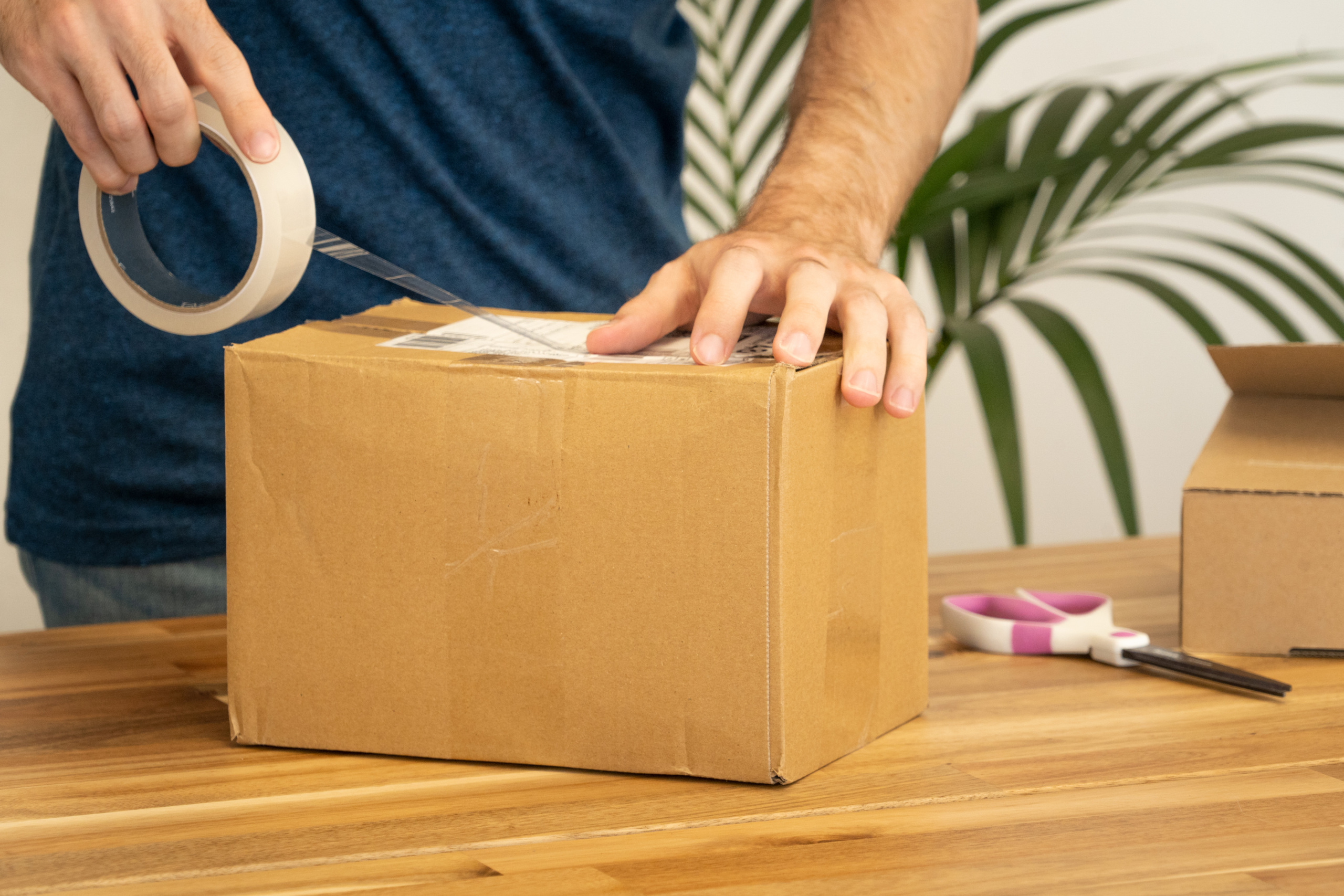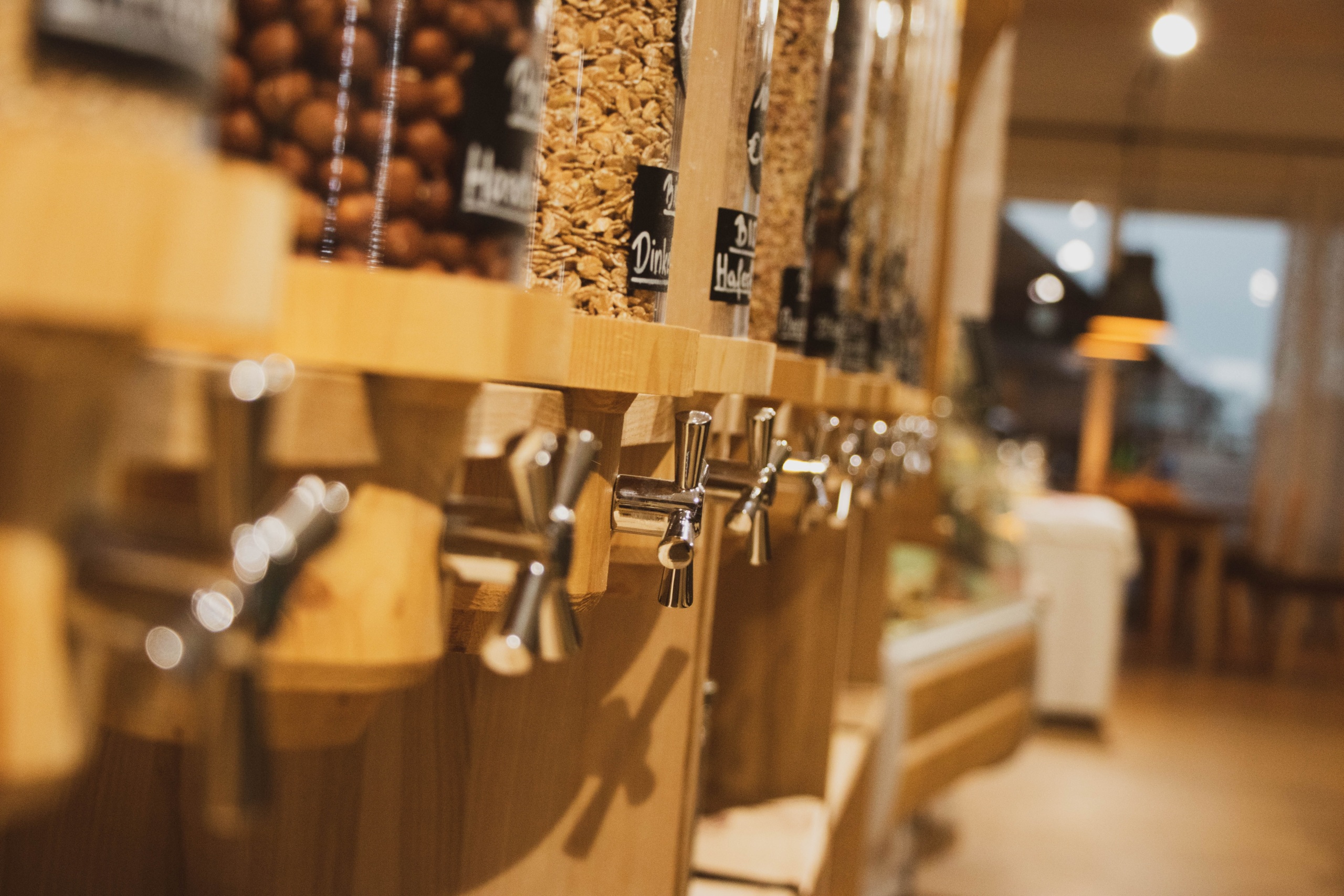
Products without packaging: How refill stores can help solve the plastics crisis
A world without single-use plastics might seem a long way off – but the rise of zero waste retail provides a glimpse of what that world could look like.
This article is part of a series looking at the increasing availability of alternatives to plastic packaging. To find out about the growing number of startups developing new takes on the concept of returnable packaging, click here. To read about the innovators reimagining the products themselves, click here.
* * *
Disposable plastic products are so ubiquitous in our daily lives – from coffee cup lids and grocery bags to the clamshell packaging that encases the fruit and vegetables we buy at the grocery store – that it’s hard to imagine a future without them.
But a world without all this plastic might not actually be as far away as it seems. A glimpse of that world can be seen in the small but growing number of stores whose business models are built entirely around the concept of zero waste.
“Refilleries” are a variant of the bulk store concept of “weigh-and-pay” shopping, whereby customers can pick up what they need without any packaging whatsoever. Generally stocking foods and/or household and personal care products (laundry detergent, shampoo, skincare products, soap, toothpaste, etc.), refilleries allow customers to fill their own containers with as much or as little of a product as they need, and pay for the product by weight. Distinguishing them from most other forms of low-impact retail, refilleries also often return their empty bulk containers themselves to be refilled by the product manufacturers, thus creating a “closed-loop packaging system.”
What’s interesting about the refillery concept is not so much its newness (it’s not really a new idea – variations of it have existed since before plastics even became a thing) but rather the pace at which these kinds of stores are now emerging across the world as more and more people look for ways to reduce their plastics use.
Googling “refillery near me” from my desk in Long Beach, California, brings up a whole range of these kinds of stores in the local area. A “refillery and low waste goods boutique,” BYO Long Beach [BYO = bring your own] has three stores across the city selling a wide selection of products, including cleaning products, personal care products, teas, herbs, spices and other household basics. Just up the road in west LA, Refillery Los Angeles – a “refill bar and zero waste store” – sells laundry liquids, personal care and other products in bulk, by the ounce, and operates a refill van bringing the refillery to customers’ homes. Sonora Refillery down in Oceanside sells body, bath and home product refills, as does My Zero Waste Store in Pasadena and Eco-Now – “Orange County’s first zero waste shop and refill station” – which has stores in Costa Mesa and Anaheim, plus another about to open in Laguna Beach.
Admittedly, Southern California is not exactly representative of the country as a whole, but a variety of similar takes on the refill store concept can now be found all across North America, Europe and elsewhere. Zero-waste resource hub Litterless provides a state-by-state, city-by-city list of these kinds of stores in the US, now numbering in the hundreds across the country. Let’s Go Zero Waste has a directory of stores spanning the U.S. and Canada, and the Sustainable Collective provides a map of stores all over the world.
In the U.K., Unpckd is one of numerous emerging examples of refill stores that bring the refillery to customers’ homes via a home delivery service “for families wanting to shop more consciously but still conveniently.” Advertising “the convenience of online shopping without the waste,” Unpckd delivers package-free dry food, toiletries and cleaning products in returnable, reusable containers: “You order online, we deliver to your doorstep, and you decant refills to use from your storage containers – no packaging, no waste. When you need more refills, we swap full for empties, milkman-style.”
Another variation on the “weigh and pay” concept is found in Connecticut-based company BD Provisions, which has stores in Newtown, Conn., and New Milford, Conn. The idea behind this business was, its founders say, to “take the concept of bulk food but elevate it to more of a foodie paradise, at affordable prices and with eco-friendly packaging.” The result was to merge a “gourmet, specialty market with an environmentally friendly zero waste shop,” offering “a carefully curated collection of bulk foods sold by the pound in sustainable containers.”
One key difference between BD Provisions and most other zero waste stores is that, in addition to its two Connecticut locations – plus another about to open in Maryland – its founders have also developed a franchising system whereby they provide training and support for franchisees seeking to set up similar shops. This support takes the form of help with real estate and site selection, store build-out/construction, training systems, operational support, recipe development, marketing and brand building, vendor and equipment selection, point of sale systems, pre-opening/grand opening support and business consulting. Arrangements like this could play an important part in helping the zero waste store concept achieve the scale necessary to make a significant dent in the plastics crisis.
The environmental case for this kind of retail is obvious. The use of refillable containers and refill pouches creates major reductions in plastics use. Refills also require less storage space and thus reduce both the financial and environmental costs associated with their transportation. And they bring savings for consumers too. Refill stores often have lower overheads, and the fact that manufacturers don’t have to pay for production of packaging creates savings that can be passed on to the consumer. And reduced trash means fewer taxpayer dollars spent on garbage disposal and environmental cleanup services.
Global public opinion today is overwhelmingly in favor of putting an end to single-use plastics. As long as the perception persists that there is no realistic alternative, however, doing so on a mass scale will be a monumental struggle. But there are already alternatives. Refilleries are just one of many new ideas for reducing single-use plastic packaging, and with the aid of smart policy incentivizing package-free retail, more Americans will have the chance to a see what a future without single-use plastics might look like.
Topics
Authors
James Horrox
Policy Analyst, Frontier Group
James Horrox is a policy analyst at Frontier Group, based in Los Angeles. He holds a BA and PhD in politics and has taught at Manchester University, the University of Salford and the Open University in his native UK. He has worked as a freelance academic editor for more than a decade, and before joining Frontier Group in 2019 he spent two years as a prospect researcher in the Public Interest Network's LA office. His writing has been published in various media outlets, books, journals and reference works.
Find Out More
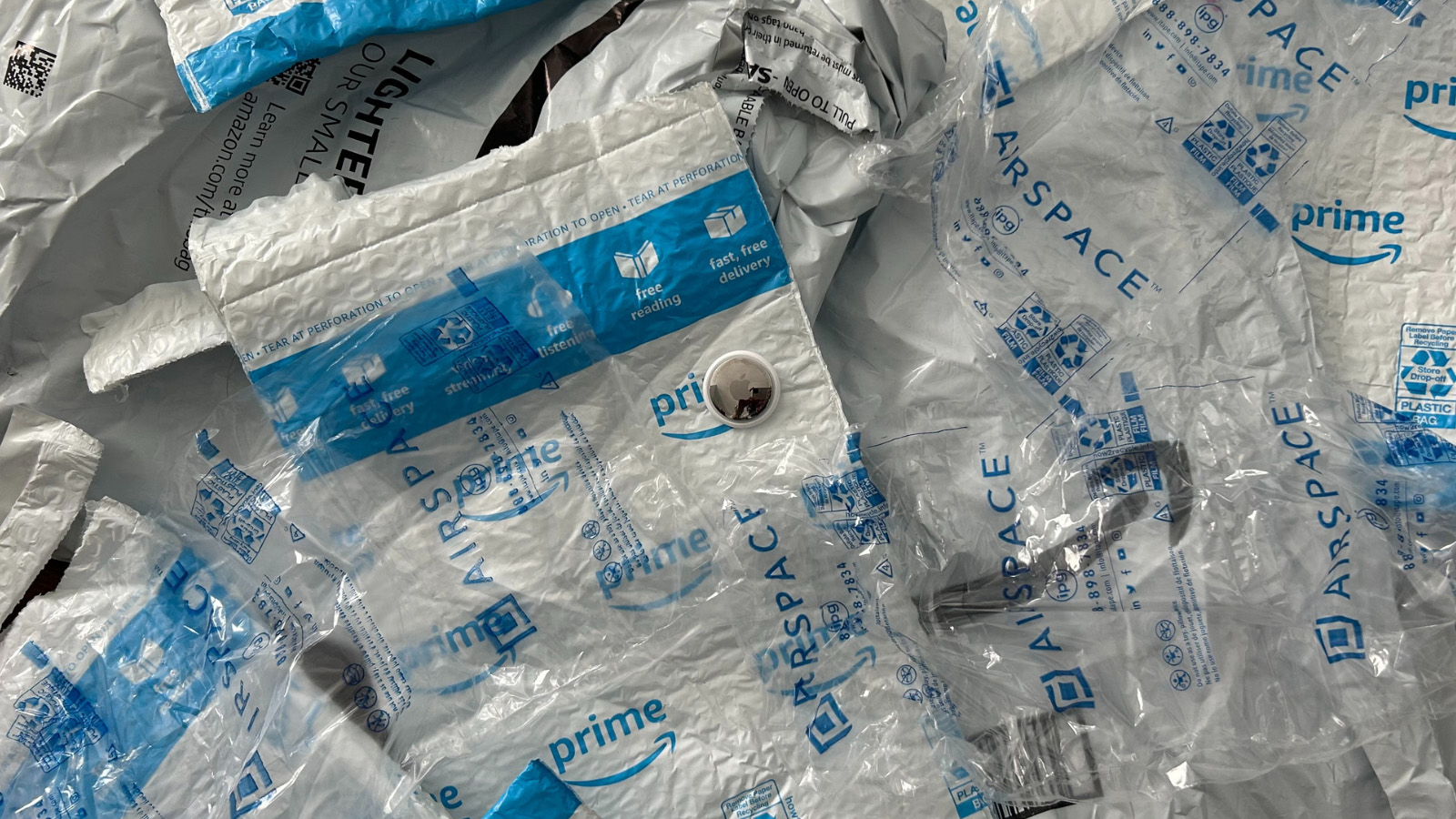
Truth in recycling
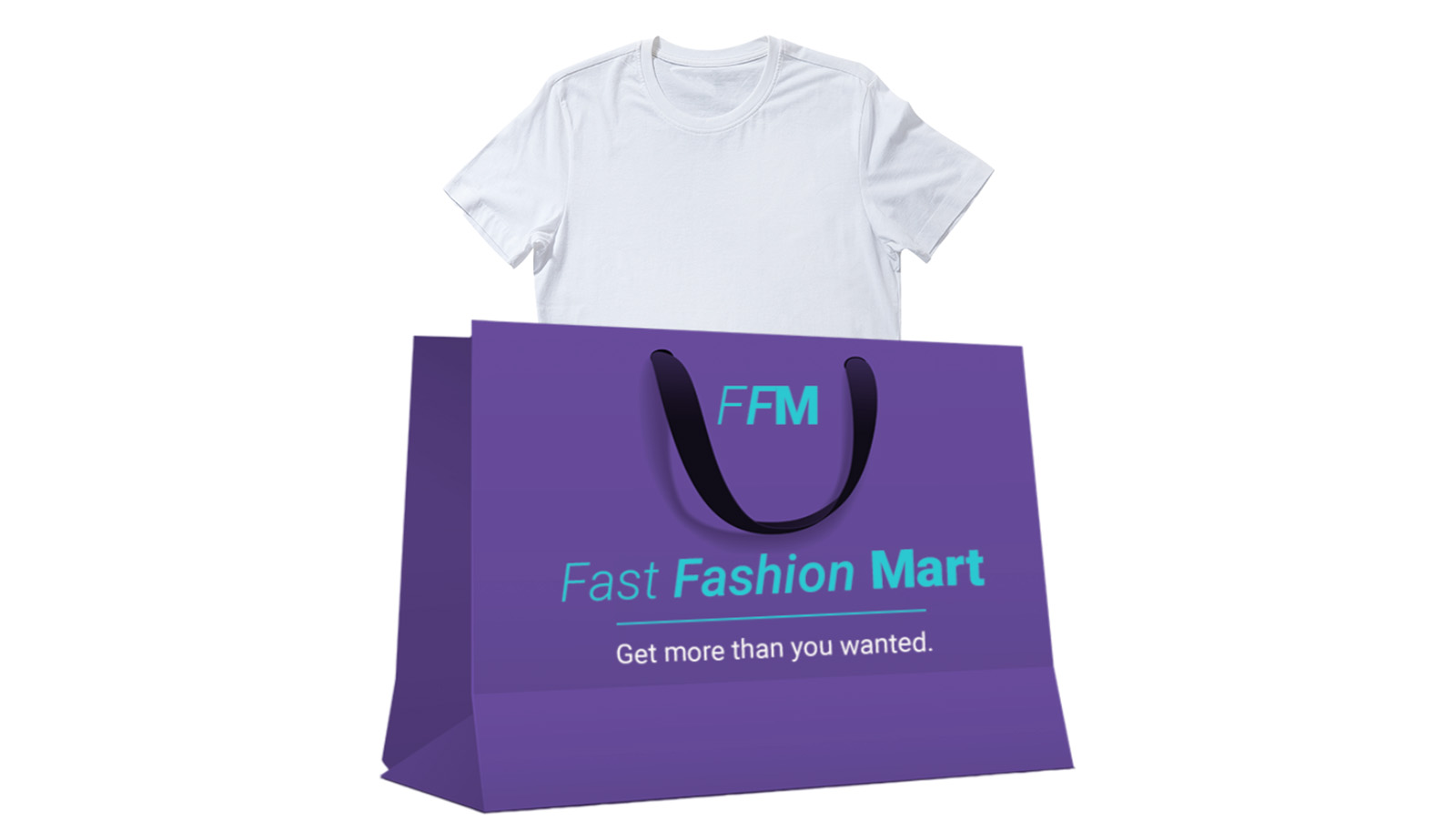
The high cost of fast fashion
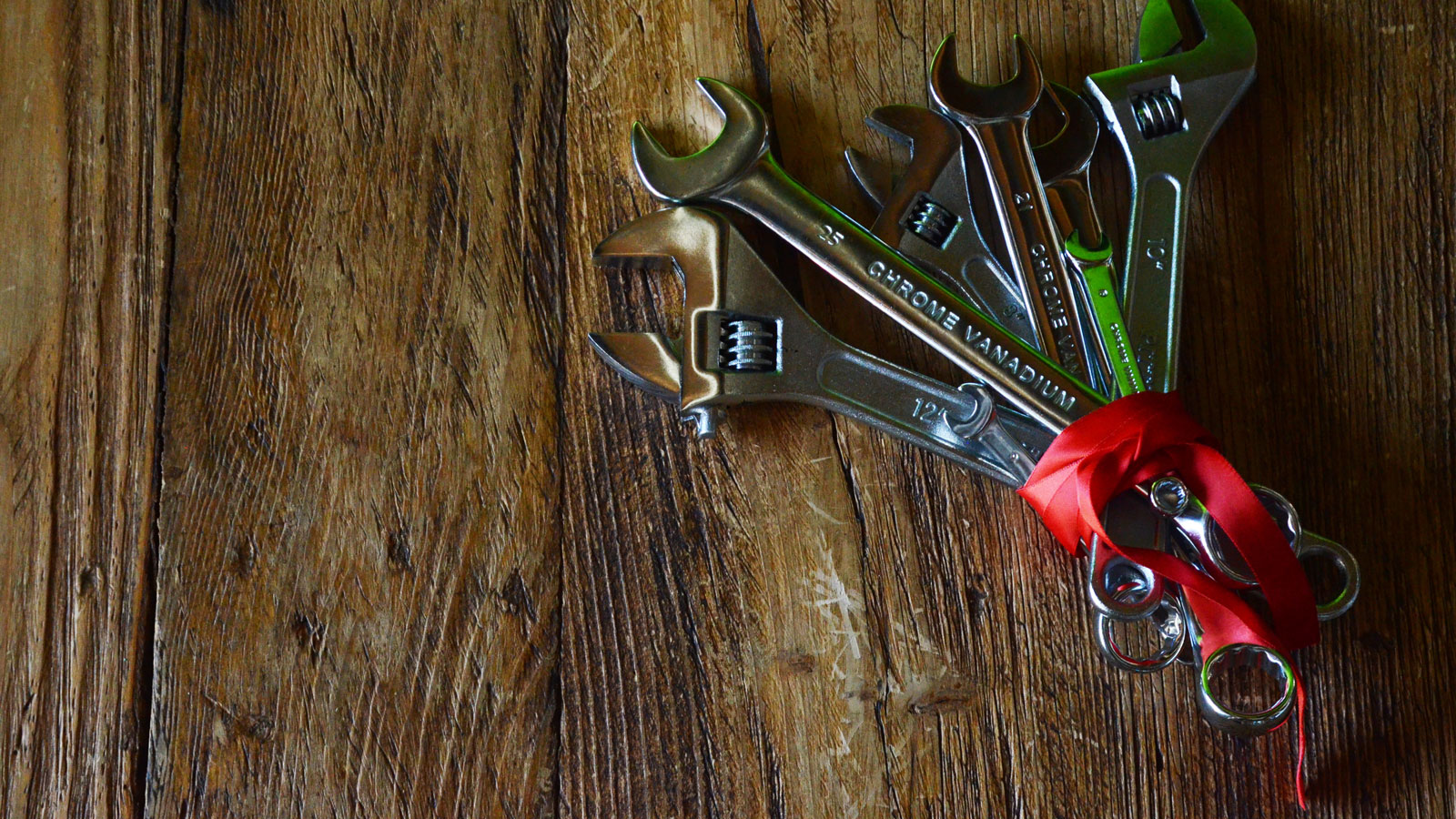
Fixed for the Holidays
